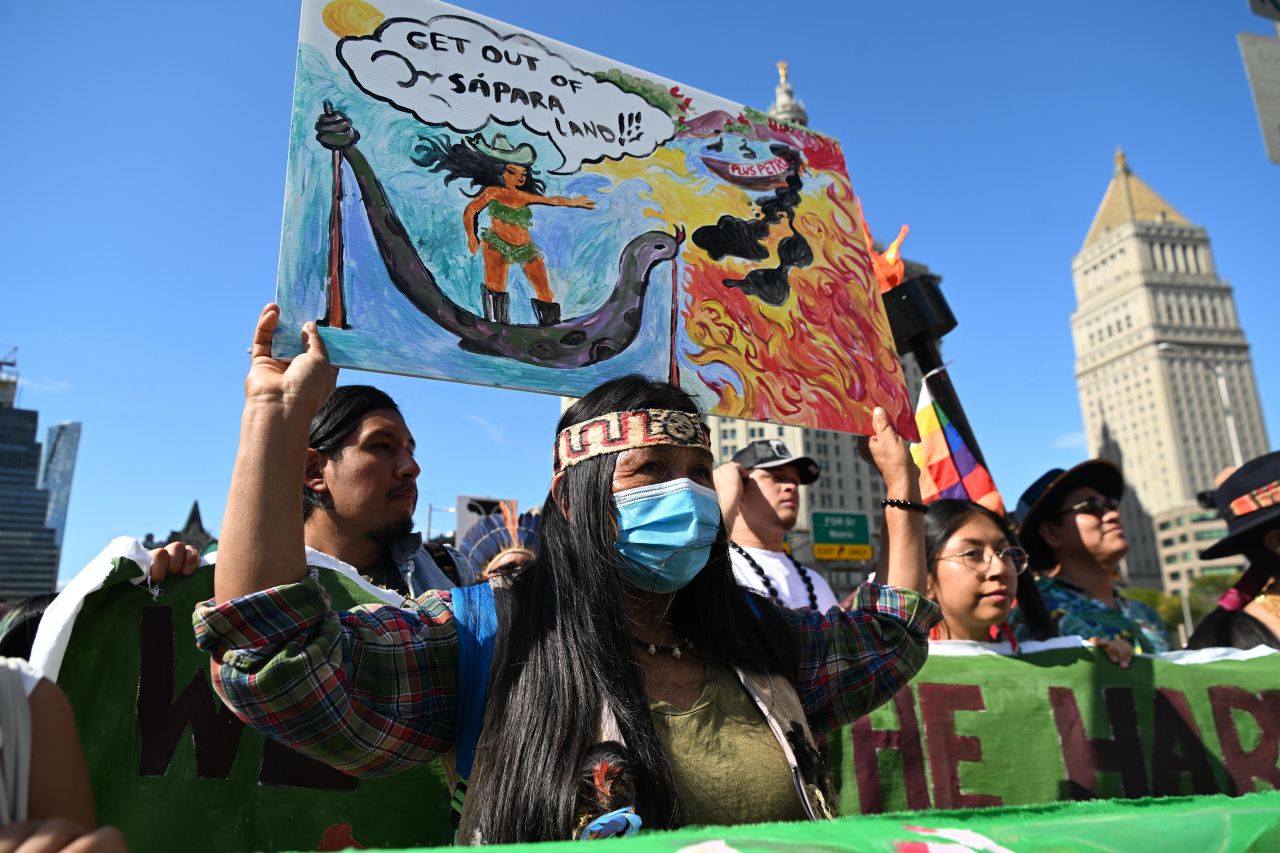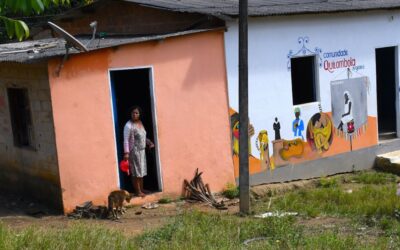By Souparna Lahiri and Valentina Figuera Martínez
Common Dreams, 24 October 2024
As global leaders converge in Colombia for the COP16 global biodiversity summit this week, they face a stark reality: Despite over a decade of pledges to protect biodiversity, not a single global target has been fully achieved.
Forests continue to burn, habitats are vanishing, and biodiversity is spiraling toward collapse. Without addressing the systemic drivers of environmental destruction—especially in the Global South—this failure will persist.
The last biodiversity summit (COP15) saw the adoption of decisions on instruments to reduce inequalities, ensure a gender-responsive approach to biodiversity action, take a human rights-based approach, and guarantee access to justice and participation in decision-making by communities. These points are found in the United Nations Convention on Biological Diversity’s Gender Plan of Action and the Global Biodiversity Framework’s Targets 22 and 23 and Section C on implementation.
In Cali, countries will take stock of the targets and commitments adopted so far. This meeting is a crucial opportunity to assess how well the 196 signatories of the convention—sadly, the United States is not one of them—have tackled biodiversity loss so far. And because the crisis we face is so urgent, it’s also a moment in which we must look toward the leadership of women, who play key roles in local agricultural production, family and local economies, and stewardship of biodiversity in key areas like the Amazon.
Keep reading at Common Dreams




